
Empires looked invincible until greed snuck in. Leaders demanded too much, spent too wildly, or hoarded so recklessly that collapse became inevitable. With purple silks, spice islands, massive structures, and expensive tulip bulbs, luxury blinded rulers to reality. The lesson hasn’t changed: when ambition turns greedy, the mighty end up watching everything crumble.
Wealth Without Limits Ruined The Roman Empire

Corruption hollowed out Rome’s finances while emperors bankrupted the state with extravagance. Senators flaunted purple garments worth more than a soldier’s wages. Caligula wasted fortunes on a floating marble palace with baths and mosaics. Bread distributions fed millions, masking unrest but deepening fiscal collapse.
Tribute And Treasure Over Stability In The Aztec Empire
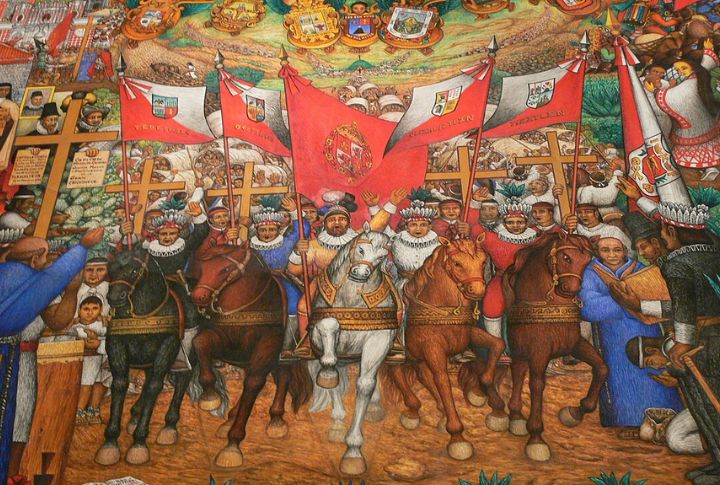
Excessive tribute demands sparked resentment across Aztec lands, which left allies disloyal when Spain invaded. Montezuma taxed cacao beans by the thousands. Gold glittered in abundance but was reserved for elites and rituals. Resentful neighbors sided with Cortes, ensuring that wealth, once symbolizing power, hastened the empire’s destruction.
Corrupt Taxation Weakened The Ottomans
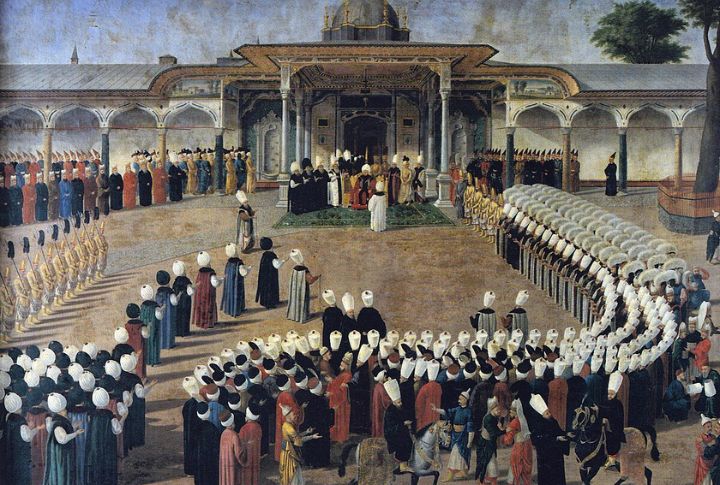
Corrupt tax collectors drained the wealth of the Ottomans, as officials pocketed much of what they collected. Extravagant rulers indulged in palaces while provinces suffered. The Topkapi Palace itself contained more than 400 rooms, and most people struggled to make ends meet. Despite spanning three continents, the empire’s strength eroded when the lust for money took over.
Overly Ambitious Trade Dreams Shook The British Empire

Colonial exploitation bred uprisings, while relentless expansion drained Britain’s resources. At its peak, the empire ruled nearly one-quarter of humanity. Tea taxes ignited rebellion in America, and in Asia, Britain forced India to grow opium for smuggling into China. Trade greed powered dominance but ensured bitter, costly collapse.
Gold Fever Brought Bankruptcy To The Spanish Empire
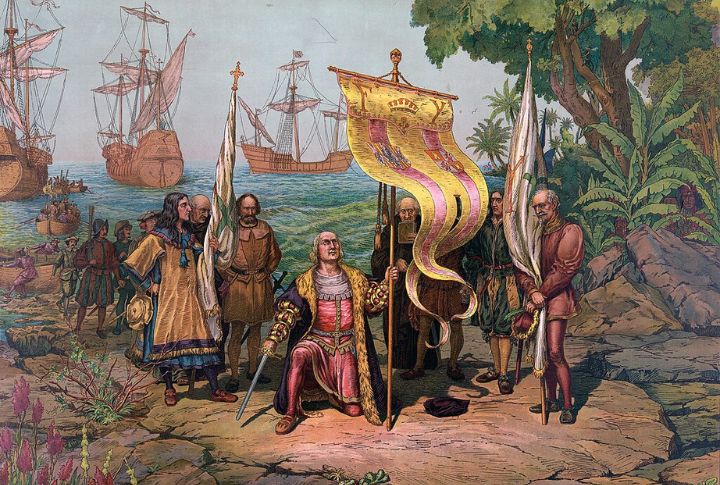
Spain’s lust for New World treasures fueled its downfall. Massive silver shipments destabilized Europe’s economy. Reckless monarchs spent fortunes, forcing four bankruptcies in just 40 years. Conquistadors melted Aztec riches into bullion within weeks of conquest. Inflation soared and fortunes evaporated to leave Spain weaker with every golden haul.
Trade Monopolies Turned Toxic For The Dutch
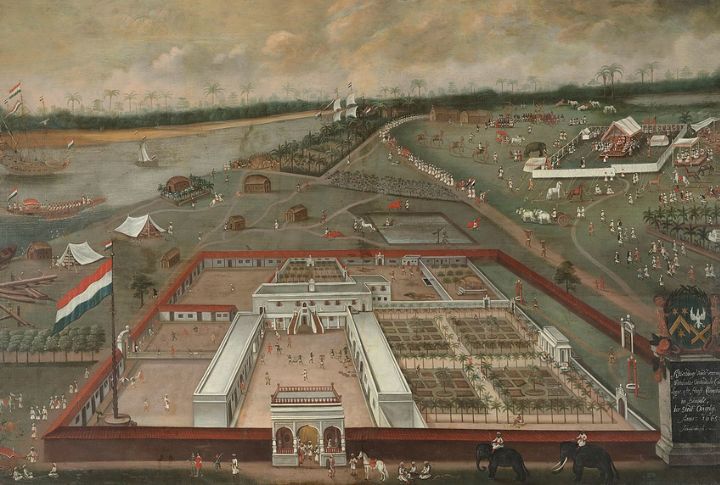
The Dutch Golden Age was fueled by corporate cupidity and living in excess. Tulip bulbs were sold for the price of houses, symbolizing excess. The Dutch East India Company became corrupt, and wars to protect trade drained national resources. Amsterdam outshone London and Paris in richness, and at some point, Manhattan was traded away for a spice island.
Silver Addiction Sparked Rebellion For The Ming Dynasty
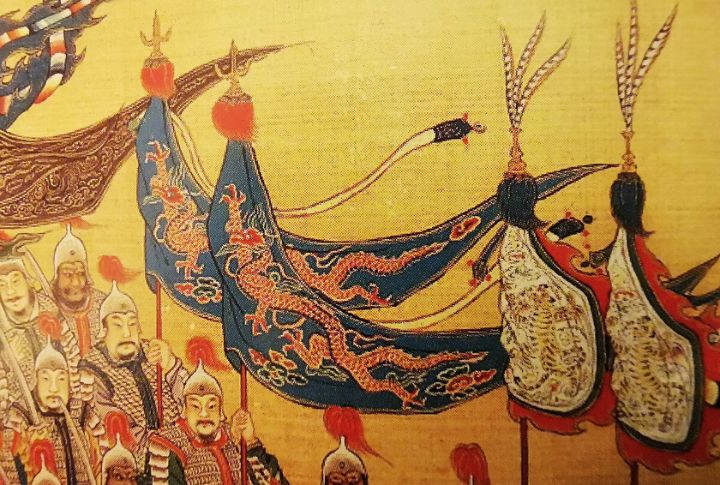
Silver taxes crushed peasants, and corruption weakened defenses targeting the Ming Dynasty. The grand Forbidden City, with 9,000 rooms, stood as a monument to imperial wealth, which the people lacked. One emperor abandoned governance entirely, devoting years to carpentry instead of confronting growing turmoil and rebellion.
The French Versailles’ Excess Bled The Nation Dry
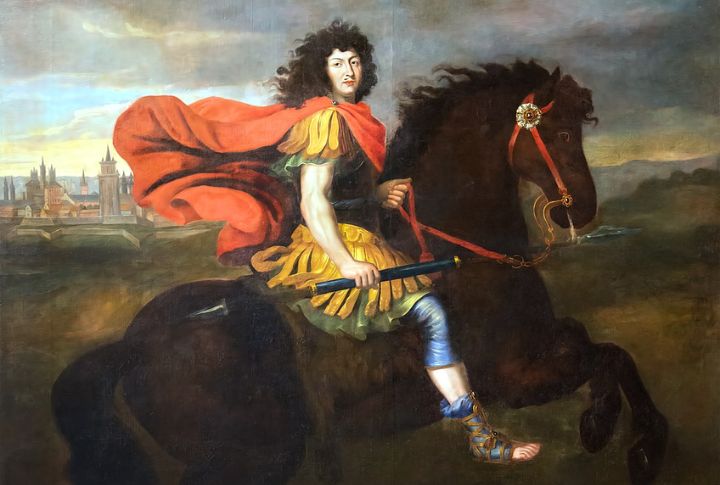
Versailles, with 700 rooms and 67 staircases, drained France’s treasury. Louis XIV flaunted more than 1,000 wigs, and Marie Antoinette built a fake village to play at being a peasant. Nobles grew rich but peasants starved. This deepened outrage and accelerated revolutionary collapse.
Gold Obsession Sparked Decline In The Mali Empire
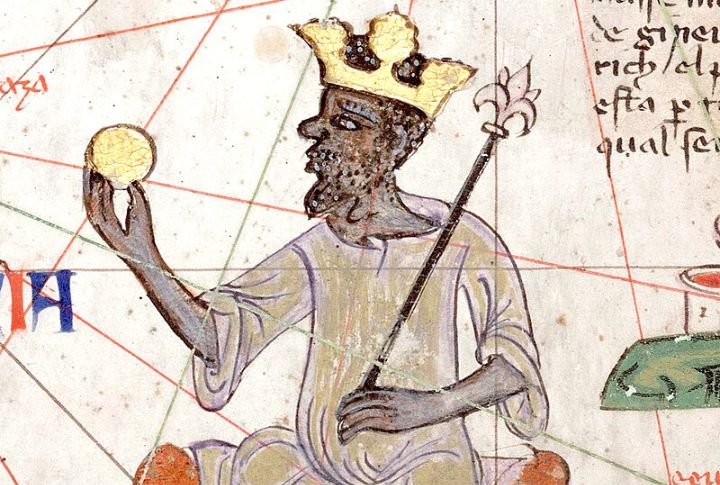
Once among the world’s richest kingdoms, Mali’s immense wealth became its weakness. Leaders squandered gold and internal greed fractured unity. Emperor Mansa Musa’s pilgrimage showered so much gold that even Egypt’s economy fell down. At its height, Mali commanded half the world’s gold, yet power dissolved.
The Persian Tribute Systems Crushed Loyalty
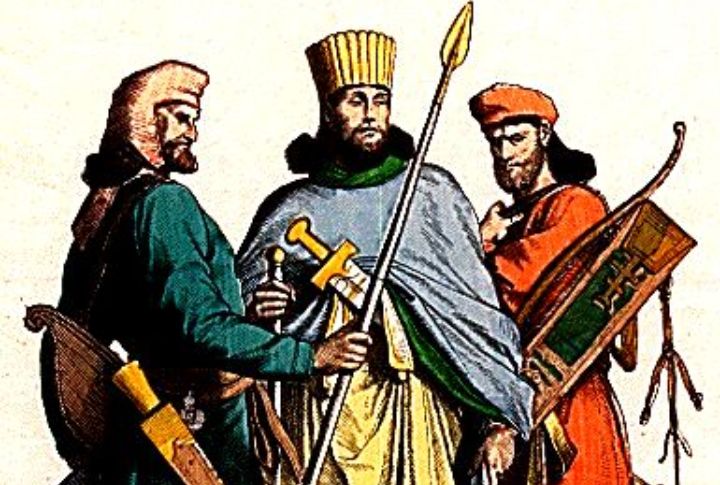
Spanning 3,000 miles, it was the largest empire of its era; however, demanding crushing tributes provoked rebellion in the Persian Empire. Darius built a 1,500-mile highway to bind it together, but his people were struggling. Nobles flaunted fortunes, even drinking wine laced with gold. Those wealth-obsessed rulers left defenses weak, paving the way for Alexander’s conquest.
